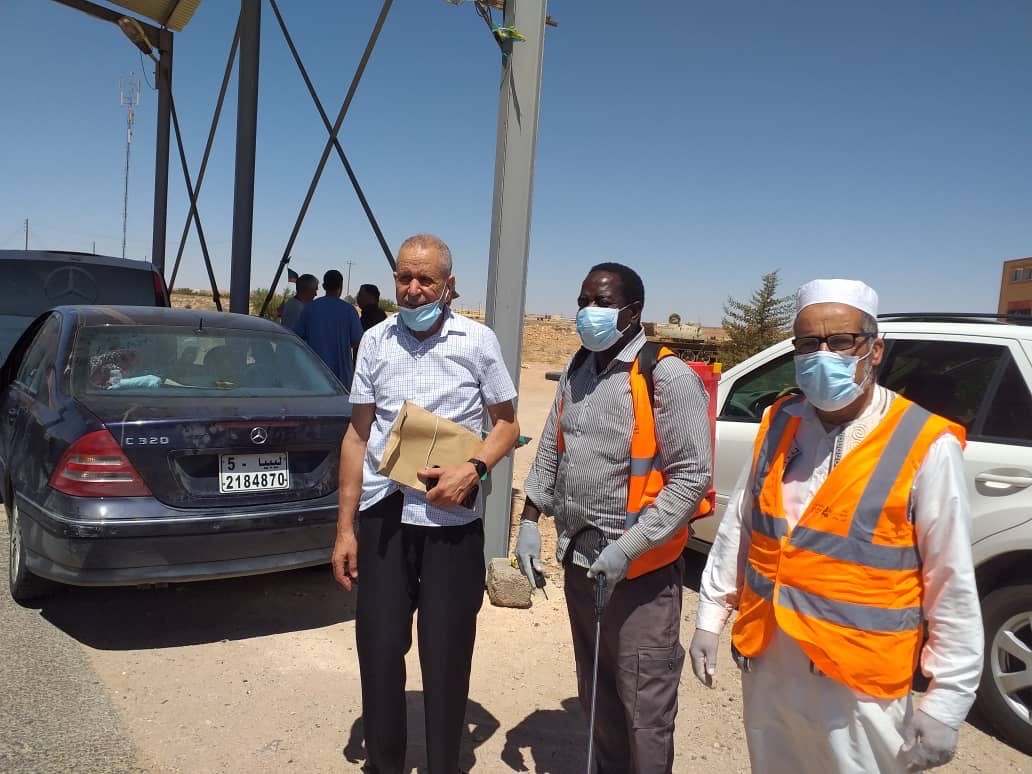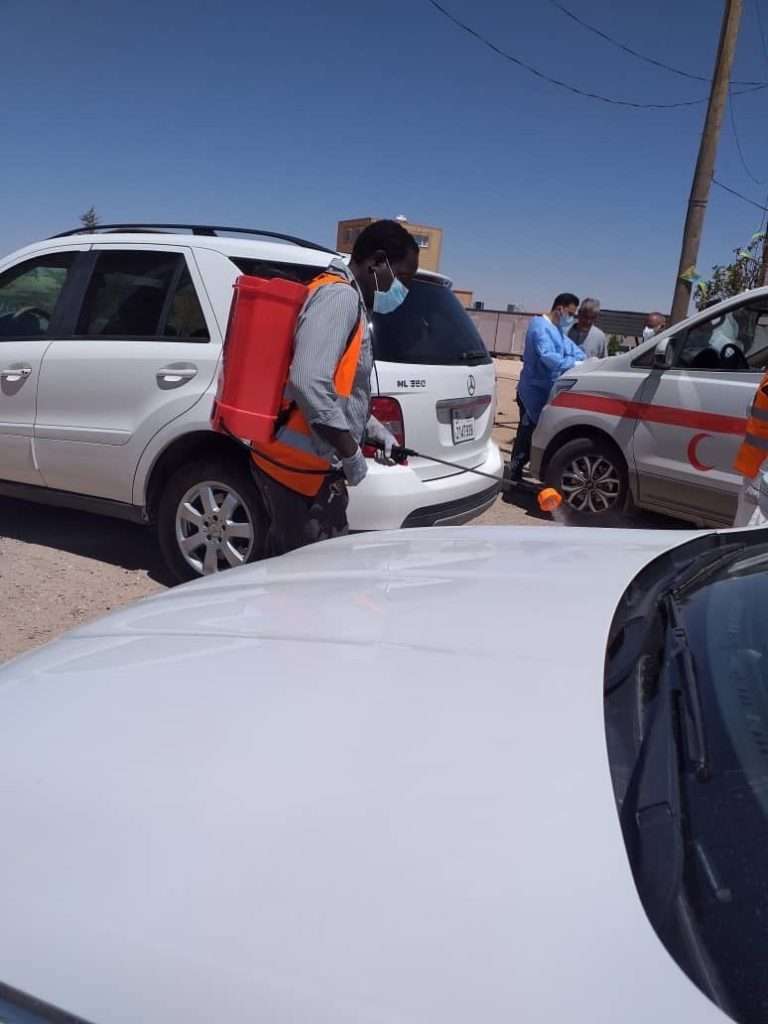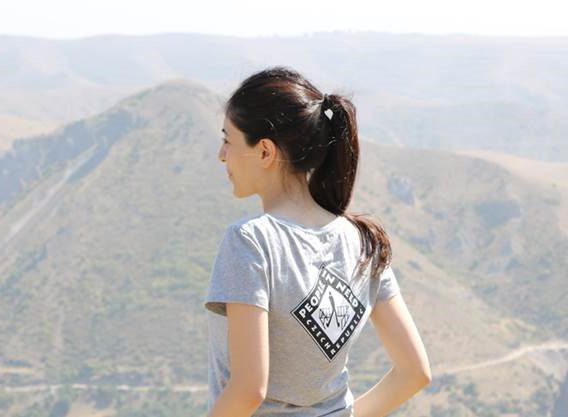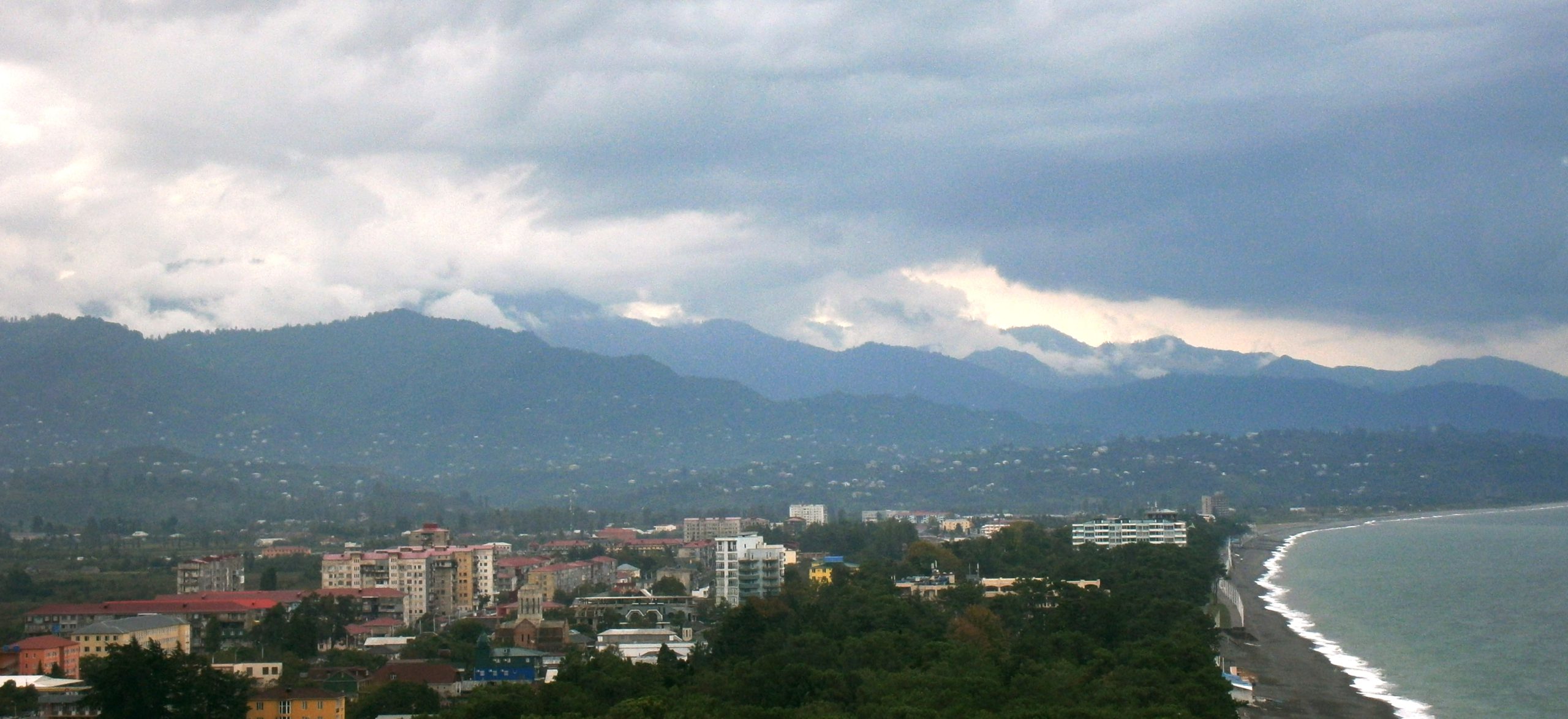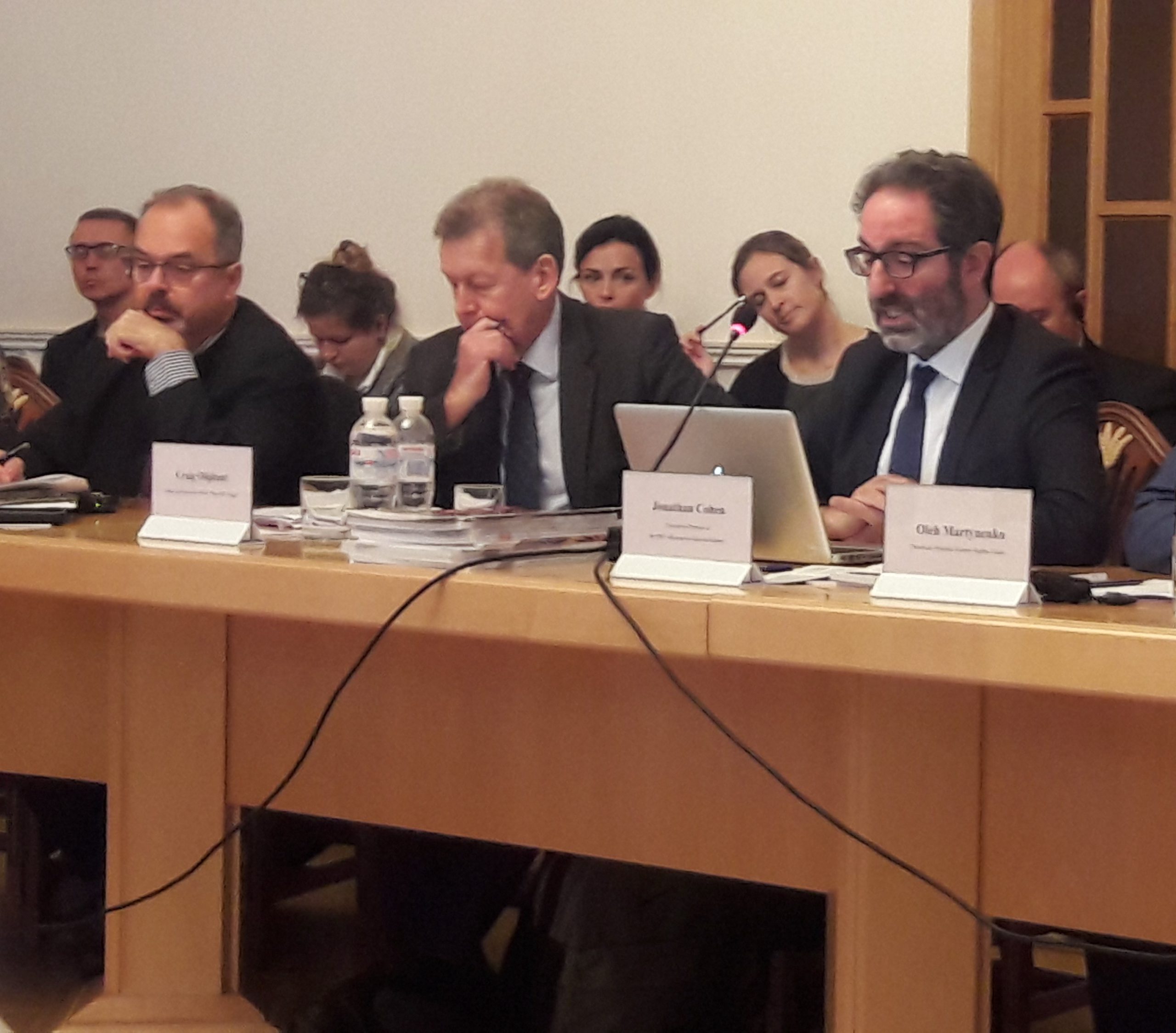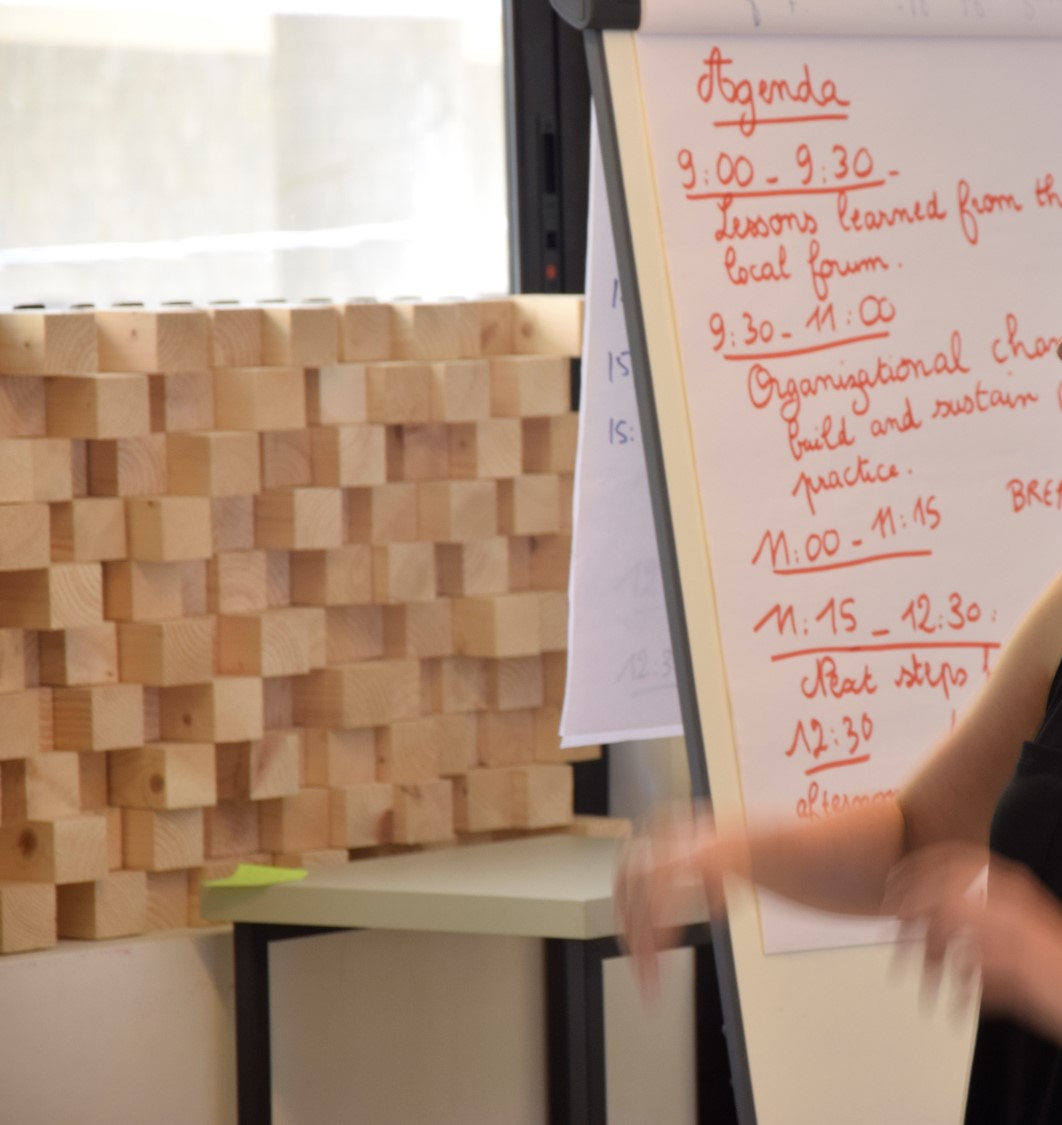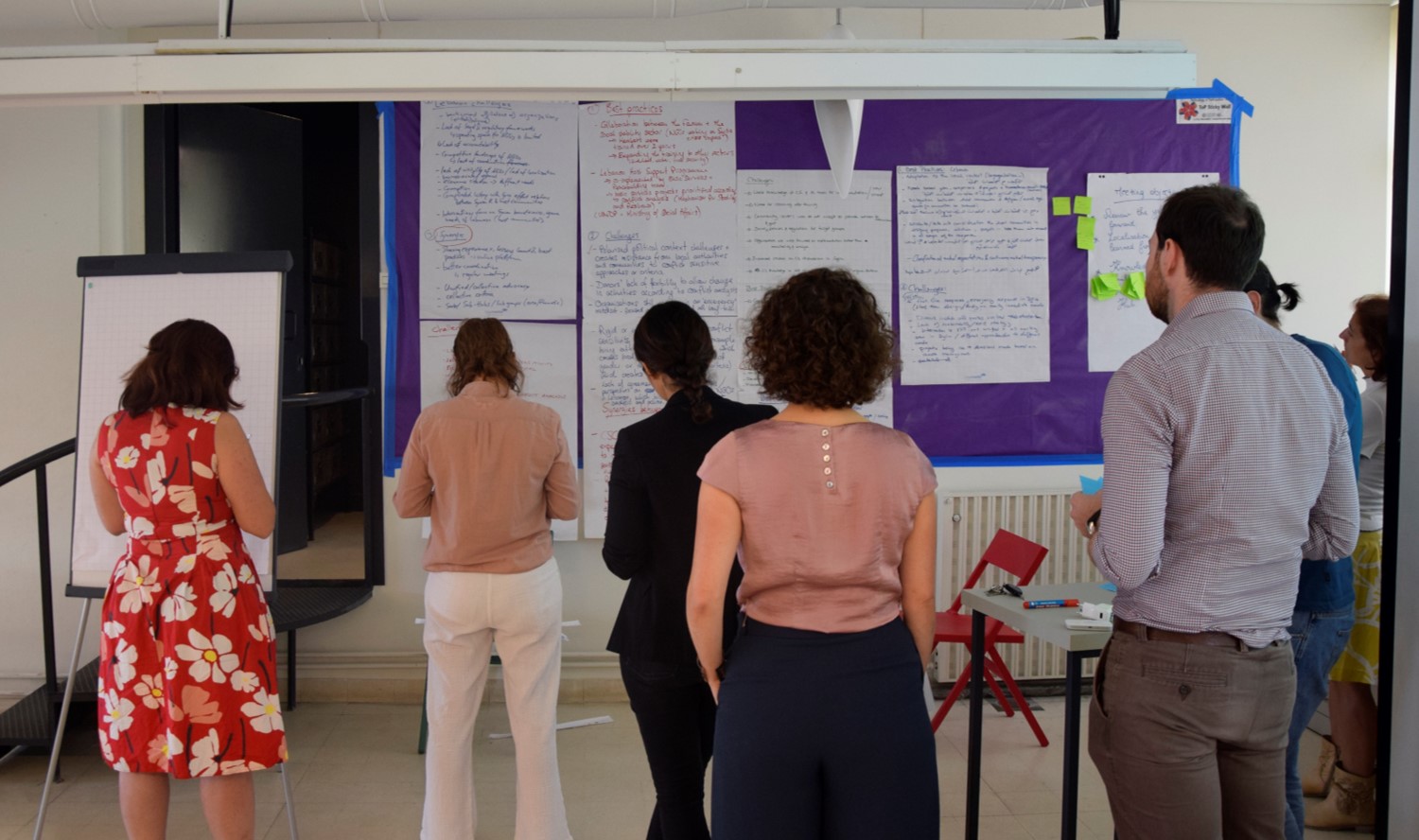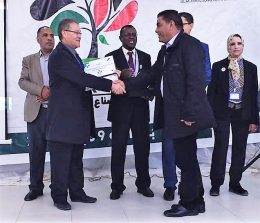
As conflict and displacement continue to affect communities in Libya, further exacerbated by the spread of COVID-19, the most vulnerable groups increasingly struggle to access critical services.
Children with disabilities in Libya are often excluded from education, primarily because of the lack of support and resources available from state institutions, further reinforced by widespread social stigma around disabilities. Caring for children with disabilities at home becomes a heavy burden on families and especially women, who are usually responsible for household and care work.
The Suq Aljuma Social Peace Partnership supported the establishment of the Rashad Centre for Children with Special Needs and worked to collaborate with the Suq Aljuma Municipality, the Educational Control Office and Children’s Rights/Education activists to establish the first public education centre dedicated to children with disabilities.
A Suq Aljuma Social Peace Partnership member explained: “This project was based on an assessment of local needs in the municipality. The Local Education Office found that there were a high percentage of children with disabilities living in the area and they wanted to support these children as well.”
The community and local institutions came together and this cooperation led to the Educational Control Office providing some building space and staff. The Suq Aljuma Social Peace Partnership and the Suq Aljuma Municipality provided grants which led to the renovation of four classrooms and a Montessori learning room, equipped with furniture and other items. A curriculum was designed that included speech and occupational therapy. One of the Social Peace Partnership member’s said: “The parents are very happy. Many of them could not afford the cost of private schools and they are incredibly supportive of the Rashad Centre and the work that is being done here.”
The Head of the Rashad Centre highlighted that the children’s response to the training programme was very positive. The parents had also noticed the learning experience was benefitting their children and there was an improvement in their behaviour.
The Rashad Centre closed temporarily due to COVID-19, like other schools in Libya. However, the management is using this time productively and providing teachers with extra training so they are well prepared for when it reopens. The Head of the Rashad Centre, explained: “We cannot take any chances even if other schools reopen, as many of our students are immunocompromised. We have been trying to provide support and encouragement remotely, but some of the activities require the presence of our specialist teachers. Meanwhile, we are working with an expert in autism to help us design educational entertainment exercises that the parents can perform with the children at home. The school has become a lifeline for many families and its closure has really impacted them. We hope that we will be able to reopen as soon as it is safe to do so.”
Members of a Social Peace Partnership include senior representatives from the local authority and leaders from civil society, community/elders, business, individuals/groups responsible for providing security, local radio, social media influencers and local residents. One of the functions of a Social Peace Partnership is to engage with different community groups, helping to bolster relationships and strengthen the social fabric of the community.
For more on Social Peace Partnerships in Libya click here


